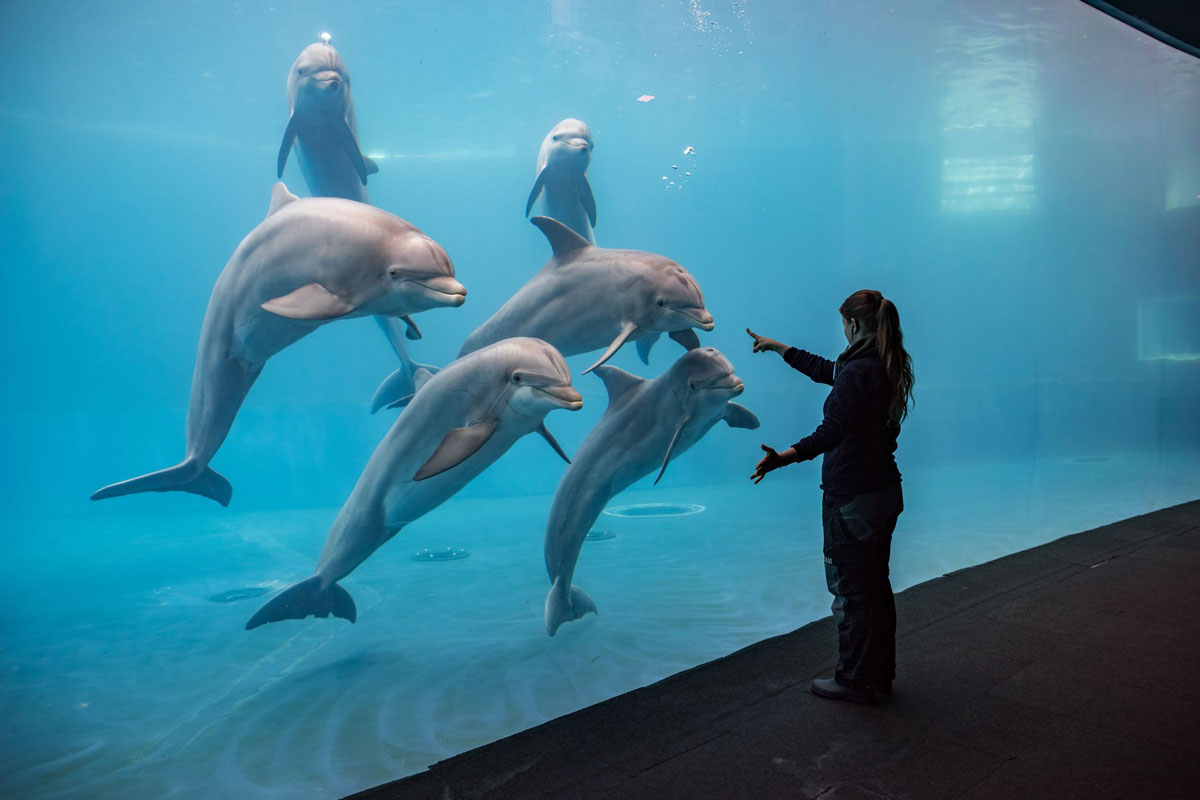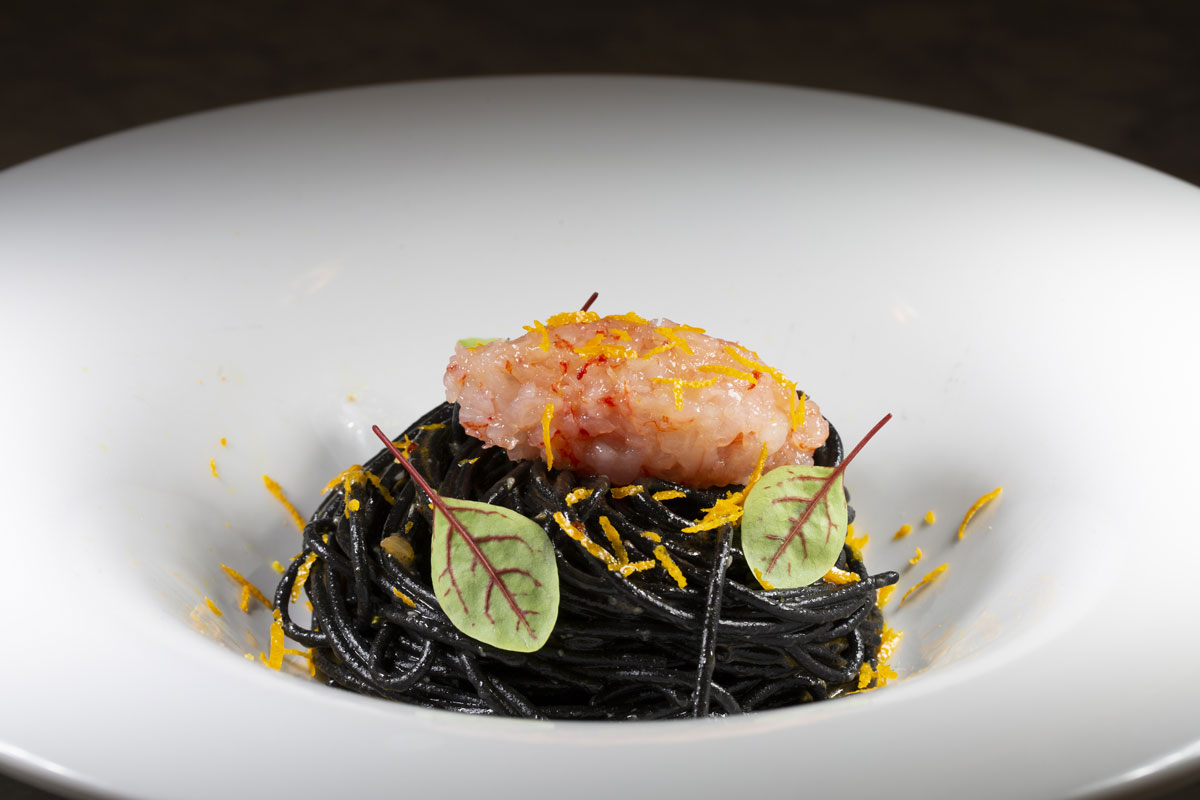Are you planning a 7-day holiday in Genoa and you don’t know how to organise your trip?
You’re in the right place!
If you don’t know me already, let me introduce myself: I’m Andrea from Discover Genoa and in this article I will illustrate the best itinerary to visit Genoa in one week.
I will tell you about the attractions you must see, the best traditional restaurants and pubs, how to visit Genoa on foot, where to eat well spending less and where to stay near the city centre.
Read the article and you will find out all the secrets to make the most of your holiday in Genoa.
Are you ready? Let’s go!
Genoa in 7 Days: What to See, Where to Eat and Where to Stay
Not everybody can stay on holiday in Genoa for one week.
If you are one of the few fortunate enough to have the chance of staying in the capital of Liguria for 7 days, you will certainly have time to enjoy the main attractions of the city, its villages and its beaches.
To make the most of the available time, I decided to organise the itinerary in order to visit first of all the old town and the most famous attractions, then the sea villages, Acquario di Genova and the most important museums, the forts of Genoa, Portofino and Cinque Terre.
Since the article is pretty long, here is a table of contents, so that you can jump directly to the part you are most interested in, without having to read it all.
Day 1: Tour of the Old Town
Today, we’ll discover the most important attractions in Genoa.
Let’s start from the central train station of Genova Brignole, visiting the large square Piazza della Vittoria, with its majestic triumphal arch. Then, we head towards Via XX Settembre, the well-known shopping street, full of top shops and cafés.
We go up the whole street and we reach Piazza De Ferrari, the main square and the beating heart of Genoa, and then go down to the port, making a short stop at Cattedrale di San Lorenzo, the cathedral, a symbol of the city harbouring many legends.
Once we arrive at Porto Antico (Old Harbour), we walk between Acquario di Genova, the Biosfera (Biosphere) and Museo del Mare (Maritime Museum), and then we venture into the largest European old town, following the famous Genoese caruggi (narrow alleys).
From here, you can visit the well-known Via del Campo (which is also the title of the most famous song by the Genoese singer and songwriter Fabrizio De Andrè), the church Cattedrale dell’Annunziata, Palazzo Reale (Royal Palace) and the most majestic street of the city: Via Garibaldi, where you can admire 14 palaces of the ancient noble families of Genoa.
At the end of this tour of the old town, let’s stop for a little while at Spianata Castelletto, the most impressive panoramic viewpoint of Genoa.
Here you can enjoy an ice-cream or a cocktail, and then go back to your hotel to prepare for dinner.
I have extensively described this itinerary in my article Genoa in One Day.
Day 2: Sea Villages

Genoa doesn’t mean only history, but also sea…and what a sea!
Let’s take a bus and head to Boccadasse, a fishing village that has remained unmarred for over 100 years.
Here you will find an enchanting little beach and marvellous little colourful houses overlooking the sea.
After this short visit, we’re bound for Nervi, another village of fishermen hosting the most beautiful promenade in the world (it was thus defined by the tourism portal Turismo.it).
Let’s walk along the promenade, called Passeggiata di Nervi, until we reach the gardens named Parchi di Nervi, where we can meet funny squirrels and relax under a majestic Gigante del Cile (Chilean Giant), a centuries-old tree located in the centre of the park.
For more information about Nervi and Boccadasse, read the article Genoa in Two Days.
Day 3: Acquario di Genova and Museo del Mare

Today, our first destination is the area of the Porto Antico, where we find Acquario di Genova and Museo del Mare (Maritime Museum); on our first day, we have seen both of them from the outside.
We enter the Aquarium, a symbol of the city and an international attraction (it’s the second largest aquarium in Europe after the Oceanographic in Valencia), and we visit its 70 exhibits with over 400 different species of fish, marine mammals, birds, reptiles, amphibians and invertebrates.
After feeling like a child again for a few hours, let’s go the maritime museum Museo del Mare. Don’t be fooled by its name, because it is much more than a museum!
It’s a 4-floor building with dozens of interactive rooms where we will learn the history of Genoa, get on board a galley and get to know the history of the Italian migrants that left the country during the 1930s bound for North and South America.
It’s really extraordinary!
Day 4: Walk among the Forts of Genoa, Italy

Today, let’s take a backpack and prepare some sandwiches: we’re touring the forts of Genoa.
We go up to Righi taking the funicolare (cable railway), the most curious means of public transportation in the whole city.
Once we arrive (and after posting a picture of the wonderful view on Instagram), we’re ready to go and discover the Genoese fortifications. Our destination is Forte Diamante (Diamond Fort).
Built in the 17th century on the medieval walls that surrounded the city, these fortifications, covering about 20 km, were the longest worldwide, second only to the Great Wall of China.
We climb until we reach Forte Diamante, where we enjoy the breath-taking view.
Day 5: Portofino

Let’s get ready for another trip out of town: today we visit Portofino, the most glamorous village in the Ligurian coast, drawing celebrities all year around.
We take the train from Genova Brignole or Genova Piazza Principe and get off in Santa Margherita Ligure.
From here, we go on a good walk of about 4 km and, after passing the little beach of Paraggi, we arrive in Portofino, a wonderful sea hamlet where you can relax and take a lot of pictures.
If we’re not too tired, we can climb to the Lighthouse of Portofino; otherwise we can go back to Santa Margherita, either on foot or with the shuttle bus.
Day 6: Cinque Terre

Who doesn’t’ know Cinque Terre?
It’s one of the most famous locations in Europe and the picturesque little houses are well-known all over the world.
We take the train from Genova Brignole or Genova Piazza Principe and get off in Monterosso.
Here, we can decide to go for a swim or discover Cinque Terre.
Two tips:
- bring a pair of sports shoes with you, or you won’t be able to walk the dirt track between the various villages;
- be careful of the time of the year: in the summer, the five hamlets that constitute Cinque Terre are very crowded (even too much so) with tourists coming from all over the world.
Day 7: Villa Durazzo Pallavicini
Let’s go the Porto Antico area and take a navebus (a water bus, which is a sort of public transport by boat; you can use it simply by buying a ticket on board the boat/bus). We get off in Pegli, a residential zone located west of Genoa.
We reach the famous Villa Durazzo Pallavicini, which won the award Il Parco più bello d’Italia (The Most Beautiful Italian Park) in 2017.
Here we can walk the internal path, designed by the architect and designer Michele Canzio.
We’ll walk among interesting and unique trees, gardens with pagodas, small temples, natural gazebos and little lakes.
I suggest you book a visit with the manager of the park. You won’t regret it!
Where to Eat in Genoa

In Genoa, there are thousands of restaurants offering traditional dishes, for all budgets and tastes.
If you’d like to try the renowned trofie (a short, thin, twisted pasta from Liguria) with pesto sauce, our pansoti (triangular shaped stuffed ravioli) with walnut sauce and other typical Genoese dishes, I recommend three of my favourite restaurants, located in the heart of the city or near the city centre:
- Ostaietta: cheap restaurant offering incredibly tasty dishes, 10 minutes on foot from the train station of Genova Brignole; book well ahead of time, since it’s always full!
- Rosmarino: average prices and delicious food; it’s perfect if you’re looking for a quiet venue in the centre of Genoa, but you don’t wish to pay exorbitant prices.
- Acciughetta: located in the Porto Antico area, only a few steps away from Acquario di Genova; it serves all traditional dishes of Liguria and the staff are fun. It’s undoubtedly one of my favourite restaurants!
Where to Stay in Genoa
Which are the best neighbourhoods where you can stay in Genoa? And which are the most dangerous?
Genoa is generally a safe city, even at night, but being cautious and careful never hurts.
As all cities in the world, Genoa has ‘nice’ and ‘not-so-nice’ neighbourhoods.
The best areas to book accommodation are the old town and Porto Antico, of course. The only locations to avoid are Via Prè and the environs of the train station of Genova Piazza Principe.
Booking.comConclusions
We’re at the end of this long post about what to see in Genoa in one week.
I hope you enjoyed it.
If you have any suggestion, please leave a comment. I will try to answer all of them.
Happy holidays,
Andrea








